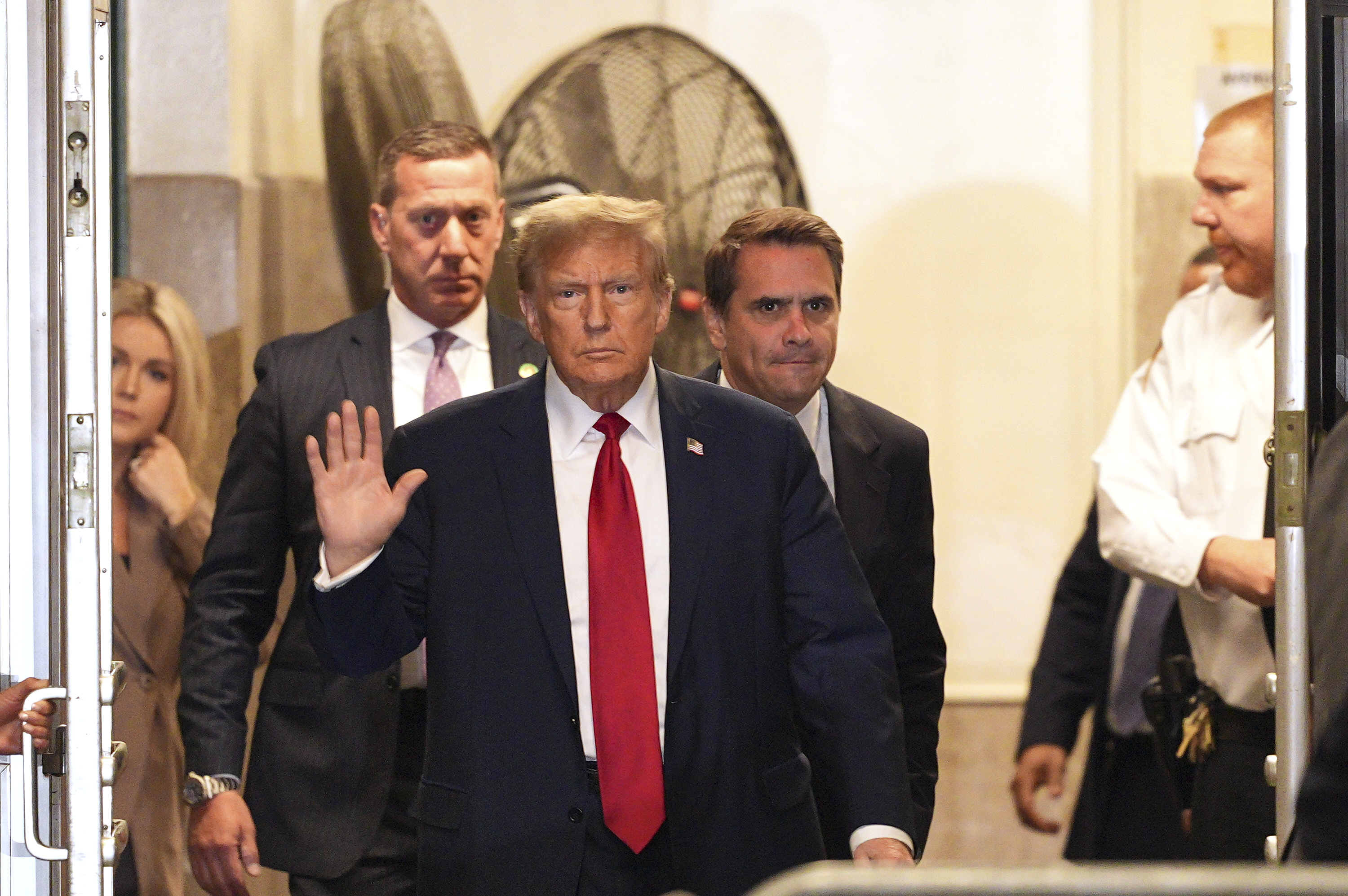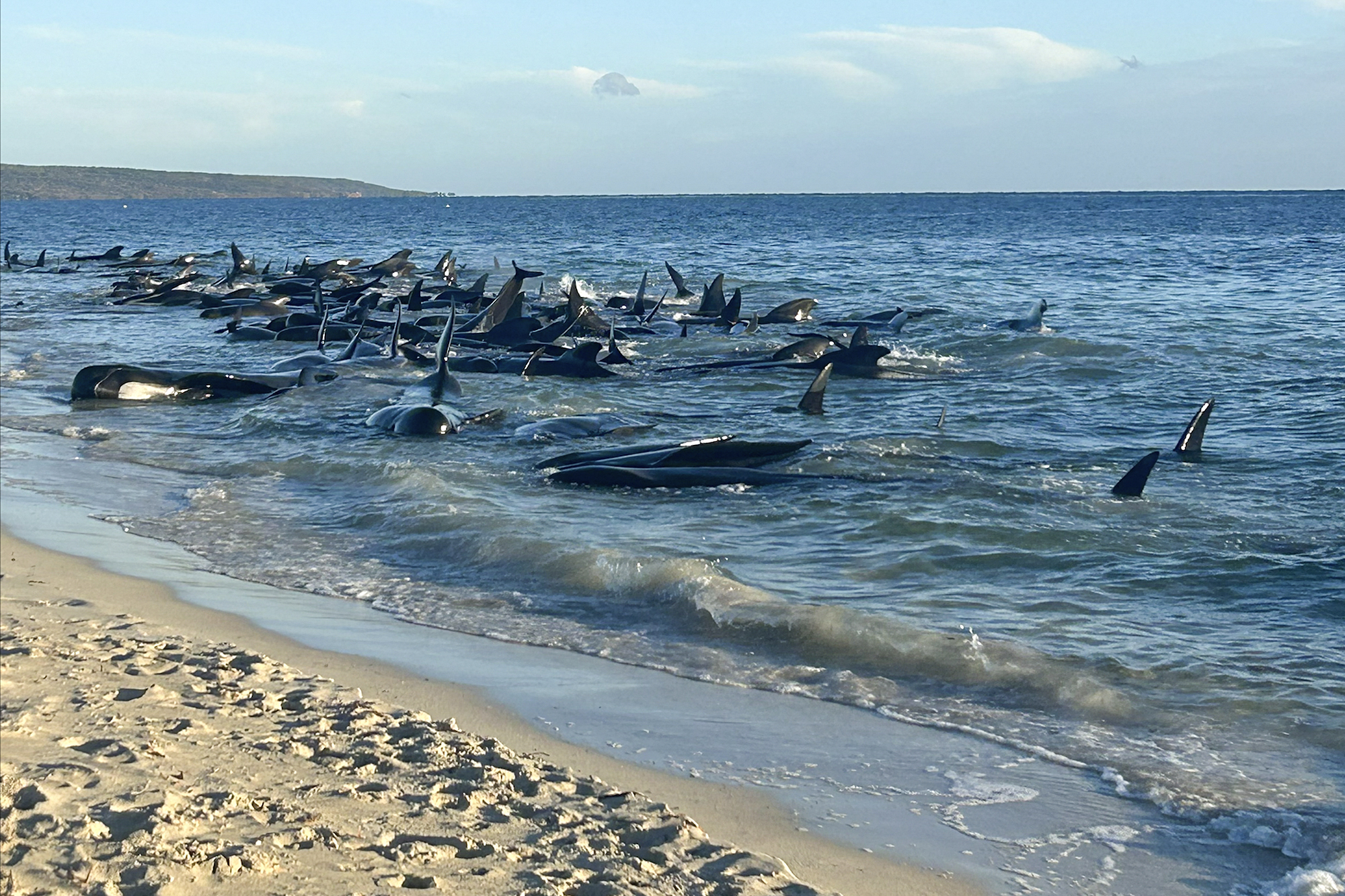Doctors say just one plane ride can bring the Ebola virus to the United States. In Bethesda, Maryland, scientists are studying blood samples and measuring antibodies as they work on a vaccine.
"Someone can get infected in one of these West African countries, feel reasonably well, get on a plane, get off and then all of a sudden get sick here,” said Dr. Anthony Fauci, director of the National Institute of Allergy and Infectious Disease. “That's feasible, and I don’t think anybody can deny that."
But the U.S. is much better equipped to prevent the spread of the virus, health officials say.
"Extraordinarily unlikely that it will be an outbreak at all because of the way we take care of people, how we have the capability of isolating them, how we understand what one needs to do to protect the health care providers and the kinds of health care facilities we have," Fauci said.
With no effective treatments available, one of the best ways to stop the spread of Ebola is prevention in the form of a vaccine.
National Institutes of Health scientists have been working for more than a decade on an Ebola vaccine. As the latest outbreak continues to grow, so does the pressure to create a vaccine to prevent a disease that can kill up to 90 percent of its victims.
It's a complicated process of finding the right combination of genes from the virus that's effective with few side effects, but they are closer than ever, Fauci said.
U.S. & World
"Vaccine has been tried in monkey models, and it seems to be really quite promising," he said.
The vaccine is made with genetic material from the virus, meaning there's no live virus involved.
"You don’t inject the entire virus of Ebola because that would be dangerous, so what you do is you get a very small component of the virus, which is a protein that coats the outside of the virus," Fauci said.
Scientists hope to be testing the vaccine on humans as early as the end of September, Fauci said. If it proves to be safe and effective, they hope to make it available by 2015. The first group to get it would be health care workers.
"It's difficult to vaccinate an entire population because you don’t know who's going to be at risk because you don’t know where an outbreak is going to be,” Fauci said. “But when you have health care workers who are putting themselves in clear and present danger of getting infected, those are the ones you want to protect."



